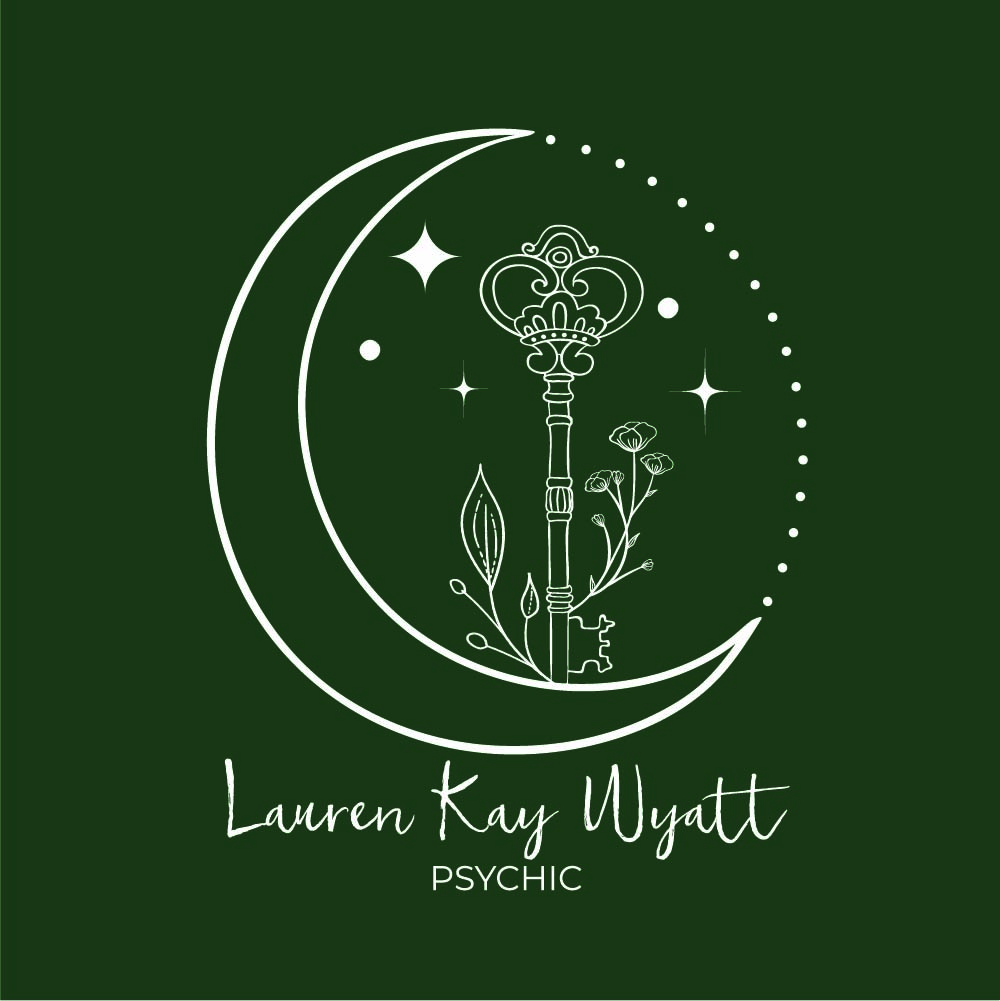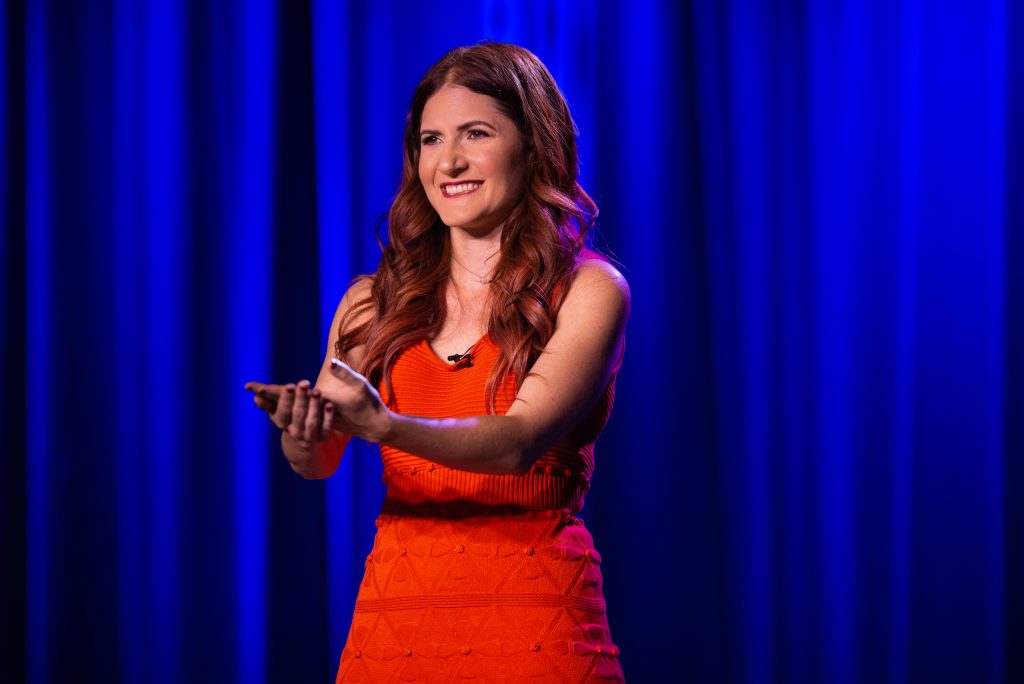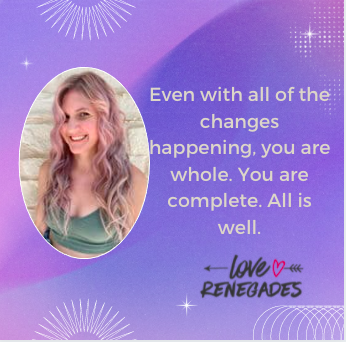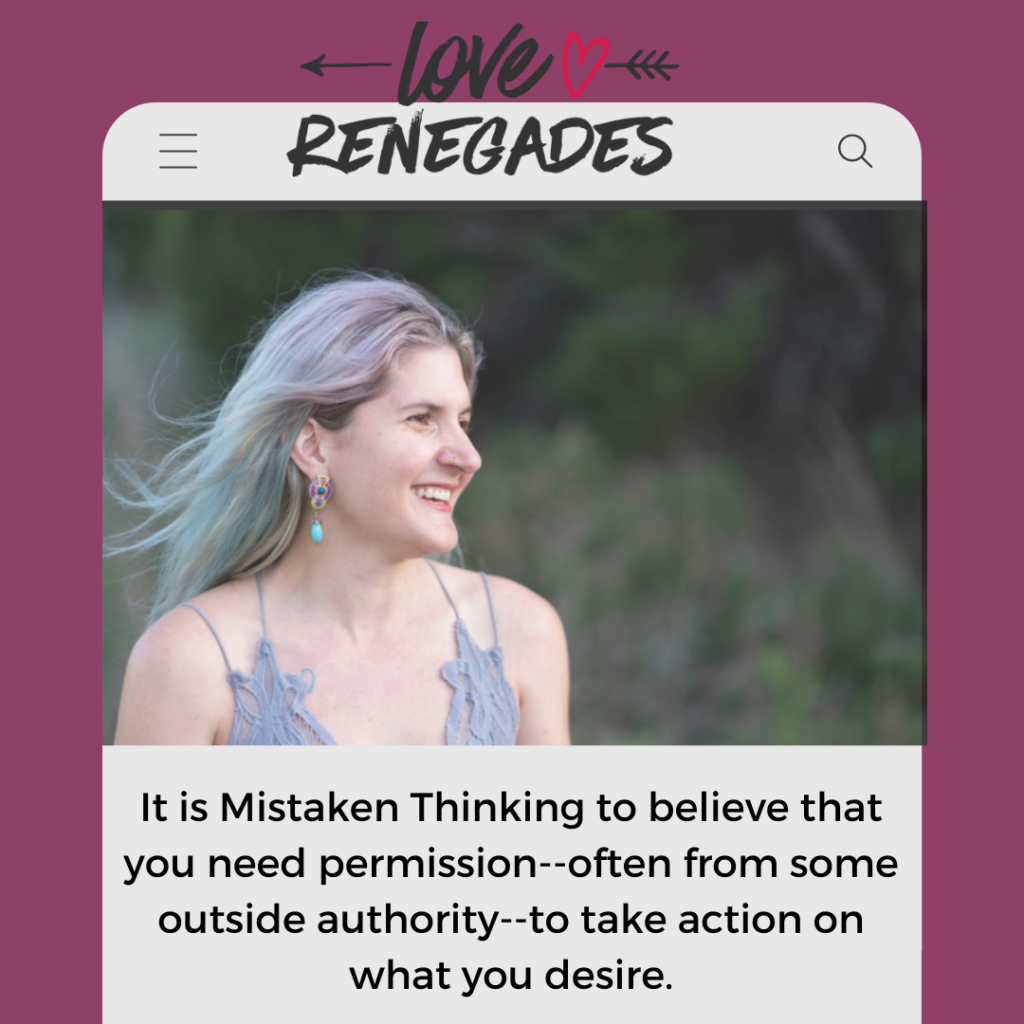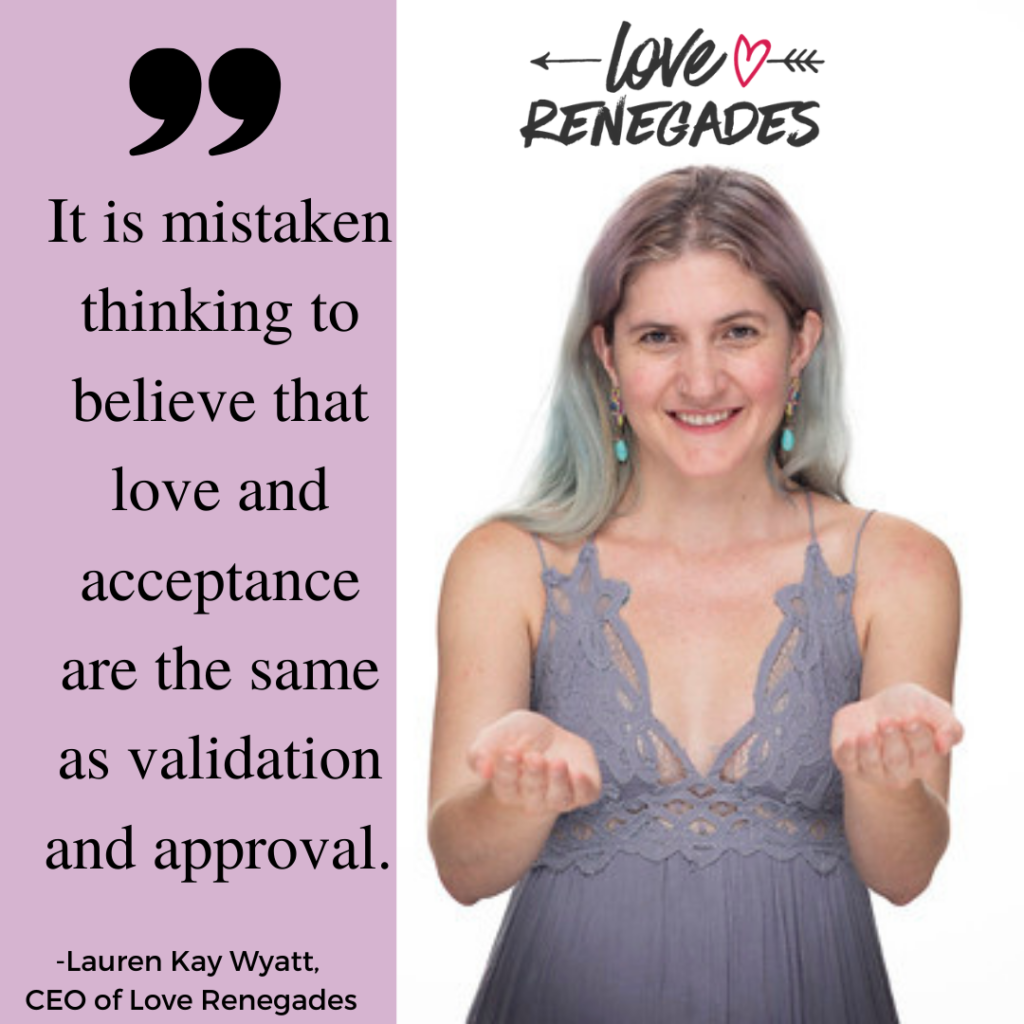by lauren | Sep 8, 2021 | achievement, best relationships, boundaries, coaching questions, dealing with drama, empath heart healing, empaths in relationships, Empowerment from Relationship Trauma, Empowerment in relationships, fear of intimacy, Healing Negative Emotions, illusion of absorption, illusion of drama, illusion of relationship, illusion of satisfaction, love relationship consciousness, love renegades, mistaken thinking, relationship challenges, self-love in relationships, spiritual relationship advice for women, Uncategorized, validation seeking
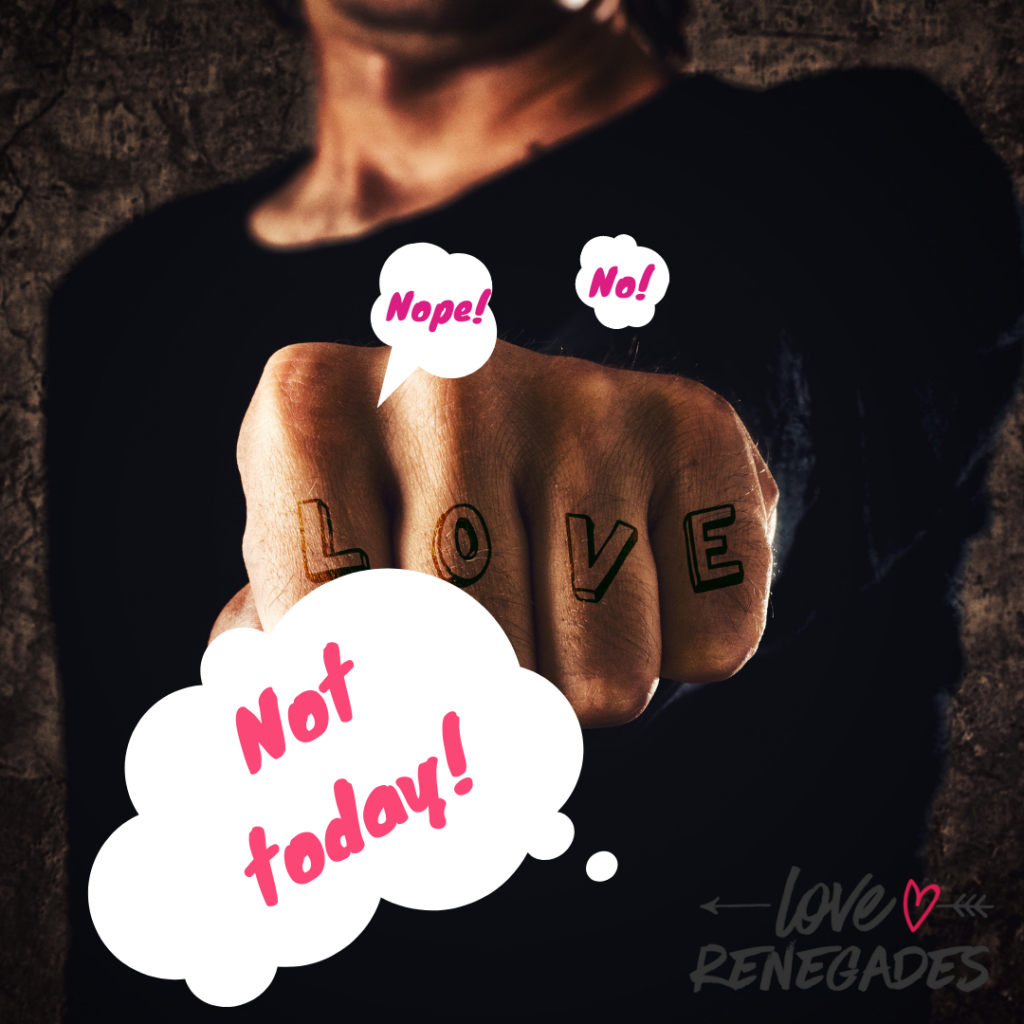 As a Love and Relationship Psychic and Coach, I have the pleasure of connecting with people about their love lives and relationships. Recently, I felt inspired by a client’s session and received Divine Guidance (and her permission) to share this with you.
As a Love and Relationship Psychic and Coach, I have the pleasure of connecting with people about their love lives and relationships. Recently, I felt inspired by a client’s session and received Divine Guidance (and her permission) to share this with you.
She is a beautiful, vibrant woman. Highly intelligent, successful, and quite kind. She is the type of person many of us would see and think, “Her life is perfect. She has it all figured out.”
The reality is that she has been in an emotionally abusive romantic relationship for three years too long.
She has told herself that she can fix it—that if she could just “be better” and “work harder,” then her partner would be happy—and that maybe the relationship would one day be what she has always wanted it to be.
In this relationship, she often experiences feeling devalued, dismissed, wrong, and anxious. She is not treated with love and respect. Many times, she has wanted to leave but has chosen to stay. She is losing confidence.
Does anything about her story feel familiar to you? As someone who loves to identify and dismantle illusions that separate us from Love, which I call the Illusions of Relationship™—I am excited to shed light on this common situation with a Love Renegade’s perspective, starting with mistaken thinking.
My client’s mistaken thinking was such that she believed that “being better” was going to going to lead to new enjoyable experiences in her relationship. Her motivation for “being better” was with the expectation that her [former] partner would like her more or treat her better. Although completely understandable, this approach is not only manipulative but also a form of self-deception.
The mistaken thinking at play here aligns fully with the Illusions of Relationship™, but not with Love. If continued, actions made from such thinking would result in more opportunities to deceive and be deceived, more reasons to stay stuck, and more dissatisfaction in relationships—causing a lot of pain and frustration!
Now back to my client—-in addition to being gorgeous and successful—she is a martial artist. In her coaching session, her Guides and I directed her to apply martial arts to this common relationship dynamic. From this exercise, she uncovered that her [former] partner’s “signature move” against her was a chokehold-—which made perfect sense for her!
See, the throat is the energy center of communication, authenticity, and self-expression. When we have blocks on our throat chakra, we are experiencing difficulty in speaking or living our truth. Nothing about this relationship really supported her in shining as her authentic self!
As we continued the session, I watched her throat chakra heal as she connected with her inner Love Renegade. As she saw the enlightened truth before her, she embraced a new perspective that will support her in breaking free of an emotional chokehold and the Illusions of Relationship™.
Of course, without being consciously aware of it, many of us unknowingly allow ourselves to be put into emotional chokeholds. For your own healing and illumination, I encourage you to spend some time with the following questions:
- What would I do or say if I felt more trusting and confident?
- Is there anywhere in my relationship or life where I am deceiving myself?
- What part of me wants to shine?
by lauren | Aug 11, 2021 | acheivement, best relationships, coaching questions, creating intimacy, dealing with drama, illusion of satisfaction, love relationship consciousness, mistaken thinking, Relationships, spiritual relationship advice for women, success

This picture marks a time in my life when I was very much engaged with the Illusion of Satisfaction and surrounded by the Illusion of Perfection. It began a time of going deeper and daring to create authentically and addressing all of the fear along the way too. More on that another time. 🙂 For now, let’s deep dive into the ins and outs on the Illusion of Satisfaction…
As a relationship psychic, I am gifted with the opportunity to connect with a variety of people about their relationships. This can happen casually at a social event or within the sacred space of a coaching conversation. As we go deeper, I am often delighted by the “new level of self” I hear expressed to me within the conversation.
The other day something interesting happened…
This person in my coaching space did not have a problem. Her relationships were great. Her career was booming. She was pleased with her health and family life. This is unusual in that most people who seek me out to have this kind of a conversation have something that they want to heal, change, or transform.
Also—I could tell that she was not lying to me or trying to “prove” how great things were going for her. I say this as I notice that some of us may overcompensate by talking about how well we are doing in order to bypass how we are really feeling or to “cover up” the bits of our lives that we judge or make wrong in some way.
I digress…
As she and I went deeper, I saw that she was likely under the Illusion of Satisfaction, the Illusion of Relationship™ that separates us from love by covertly (a.k.a. often unconsciously) keeping us from our next adventure.
To go into a little more detail, the Illusion of Satisfaction often impacts people who are very well-accomplished. These people have often overcome huge struggles and setbacks or they beat the odds in some way. These are people who are successful and who many seek out for advice or mentorship.
How the Illusion of Satisfaction operates is sneaky in that it “hides” the next new experience. This can look like a lack of, or a low-key reluctance to start, something new—such as a relationship, new level of relationship, or a different creative endeavor. The reluctance is there because a part of that person fears the unknown; they have memories of how hard things were before and/or they are afraid of their lives being disrupted.
To really get a feel for the Illusion of Satisfaction, watch this short (under four minute) video here.
If you would like to have a deeper understanding of this Illusion, consider the following coaching questions:
- As you feel into your own inner knowing, what is your next level of satisfaction?
- What have you been thinking about doing for a while now and haven’t started?
- What changes does a part of you fear?

by lauren | Jul 28, 2021 | best relationships, boundaries, coaching questions, creating intimacy, dealing with drama, drama, Empowerment in relationships, fear of intimacy, forgiveness, Free spirit in relationship, illusion of drama, illusion of relationships, love relationship consciousness, love renegades, mistaken thinking, relationship challenges, self-love in relationships, spiritual relationship advice for women, validation seeking

Do you judge others for not giving you the support (ahem, validation) that you would like? Does a part of you feel that you *need* support from others to be the person you desire to be?
I ask these questions to shed light on Mistaken Thinking where love and support are confused with entitlement and validation. See, it is normal to seek safety and comfort when you are making changes and making new choices.
What we forget in this process is the Illusion of Drama, the Illusion of Relationship™ that separates us from Love by insisting that drama come with the natural chaos of change.
When we make changes our environment will react. By environment I am largely referring to our relationships. The other person (let’s say your partner, your husband, your adult child, your best friend, etc) may not be in “like vibration” to the changes you are making and may react as such. In this instance, it is important that you acknowledge that like you, this person has free will.
Just as you are free to make changes, others are free to react to those changes. If any part of you is seeking validation and approval and even feels entitled to receiving this so-called unconditional support, all you are really doing is activating the Illusion of Drama by causing yourself unnecessary drama, pain, and agony.
I bring this up to invite you to acknowledge your own actions, your own intentions, and your own process of initiating change. For example, have you entered into change with a variation of either of the following? (I have done both!)
Example A– You bulldoze forward with an attitude of, “I don’t care what others think! They will have to deal with it!”
Example B– You take action, but you do it in a covert way. It’s like you are living a double life.
Each of the aforementioned situations will inevitably lead to fear because they were initiated with fear. Not only do both of these actions invite drama, as they amplify the Illusion of Drama, but they also make assumptions, which is a hallmark of the Illusion of Absorption.
As you grow, it is wise to accept that much like your inner world and our beautiful oceans, your relationships will ebb and flow. You may find that some of these relationships fall away. This can be both a time of grief and a time of celebration.
Whether your heart is hurting from a breakup or a series of misunderstandings, choose to know that healing and peace are on the way. What would happen if you stepped out of a victim mentality and into your own authority? What would you do differently with all that you learned? What has the other person taught you about yourself?
Bless the gifts of these experiences and move on.
We are complete. We are whole. All is well.
by lauren | Jul 13, 2021 | best relationships, boundaries, coaching questions, dating advice for empaths, dating advice for highly sensitive people, deepening with partner, empaths in relationships, Empowerment in relationships, forgiveness, Healing Negative Emotions
 It is Mistaken Thinking to believe that you need permission from some outside authority to have what you desire. You may wonder, “who is this perceived outside authority?” Before we go into the answer to that question, let’s talk about change. Please consider the following questions and select at least one to reflect upon:
It is Mistaken Thinking to believe that you need permission from some outside authority to have what you desire. You may wonder, “who is this perceived outside authority?” Before we go into the answer to that question, let’s talk about change. Please consider the following questions and select at least one to reflect upon:
- What in your relationship and life would you love to see “magically” change?
- What would the tone of your relationship or dating experience transform into?
- How would your qualities of friendships shift?
- What would you no longer tolerate in your life and relationships?
In order for any of your answers to the above to occur, you must be willing to make the change that is reflected in the answer to the question. Here are some examples:
- Example One– You want your partner to be fully supportive of your growth and your path. If this is true and you want to be able to connect with them on a deeper level, then you be the one to give yourself the permission, love, attention, and support that you desire from your partner.
- Example Two- Perhaps you are tired of playing the role of the “helpful friend” who always gives free advice. If this is the case, then consider that maybe you choose to be the “helpful friend” to obtain permission (a.k.a. validation) instead of stepping into higher levels of your self-worth.
- Example Three- Maybe it is time to set a boundary or start a new endeavor that you have been thinking about for some time, but instead of moving forward, you fear the fallout. Instead of taking action, you allow confusion and the fixation of what other people will think (i.e. secretly wondering if you have their permission) to keep you from moving forward.
What it comes down to is this…
Because you are the most important person in your life, you are the best authority in your life too! Will you give yourself permission to create a life that you love?
Thank you for reading and for spending time with yourself today.
Sending you blessings. <3
With Love and Wisdom,
Lauren
by lauren | Jun 23, 2021 | avoiding conflict, boundaries, coaching questions, creating intimacy, dating advice for empaths, dating advice for highly sensitive people, deepening with partner, Empowerment in relationships, fear of intimacy, illusion of absorption, love renegades, mistaken thinking, relationship challenges, self-love in relationships, spiritual relationship advice for women

Many people I connect with express to me that they want to have fulfilling relationships where they feel loved, seen, and supported by others. What I have found is that while this is a beautiful ideal, it is an ideal that can unknowingly push love away.
With the desire to be loved, seen, and supported by others, you might have created standards that came about from past negative situations where you experienced the opposite of being loved, seen, and supported.
As these events were unpleasant—and understandably very hard for you—they caused you to put walls up to protect yourself from being hurt. Then, as you began to process and heal from those experiences you developed healthy boundaries for how you wanted to be treated.
This was great then, but now you are likely stuck and not feeling fully loved, seen, and supported by others. This is because the healthy boundaries you once created have now become conditions, and conditions inevitably lead to being stuck.
Let’s explore this in a practical way…
Many of us mistake approval for unconditional love and acceptance. To see how true this is for you, look at how you handle rejection—in all areas of your life—not only your relationships!
- Do you avoid rejection by staying quiet and tolerating what no longer supports you?
- Do you avoid rejection by being so forceful and frequent about expressing your opinions that it pushes others away?
- Do you choose to dislike others because you perceive that they do not approve of you?
This mistaken thinking [of believing that unconditional love and acceptance are the same as approval and validation] keeps you stuck. Instead of going deep within yourself, authentically connecting with yourself, and making choices that go beyond your conditions by connecting authentically with others, your energy gets fixated on protecting your self-image and micro-managing other people.
What would change if you handled rejection in a new way? What would it feel like to create new boundaries instead of upholding outdated conditions?
Thank you for reading and for spending some time on your relationship with you today.
To Your Inner Wisdom,
Lauren
by lauren | Jun 9, 2021 | boundaries, coaching questions, creating intimacy, dealing with drama, deepening with partner, Empowerment in relationships, fear of intimacy, illusion of absorption, illusion of relationships, love renegades, mistaken thinking, relationship challenges, self-love in relationships
One form of mistaken thinking is believing that life has to be hard and that relationships take a lot of work. Many people believe that we have to suffer in order to grow and that anything worth having requires a lot of work. While there is a little bit of truth to this, this is another form of mistaken thinking. Suffering and growth do not have to co-exist. -Lauren Kay Wyatt, CEO of Love Renegades
To go deeper with this, I have some questions for you! 
Do you believe that life has to be hard and that relationships take a lot of hard work? On a scale of 1-10, how energizing are your life and relationships? Do you feel more enlivened or more tied down by your relationships and circumstances?
If you are not energized by your life and relationships, you most likely—at least on some level—believe that life has to be hard and that you have to suffer to receive “anything good.”
What would change in your life and relationships if you did not have to suffer? How would you be different from who you are now?
 As a Love and Relationship Psychic and Coach, I have the pleasure of connecting with people about their love lives and relationships. Recently, I felt inspired by a client’s session and received Divine Guidance (and her permission) to share this with you.
As a Love and Relationship Psychic and Coach, I have the pleasure of connecting with people about their love lives and relationships. Recently, I felt inspired by a client’s session and received Divine Guidance (and her permission) to share this with you. 